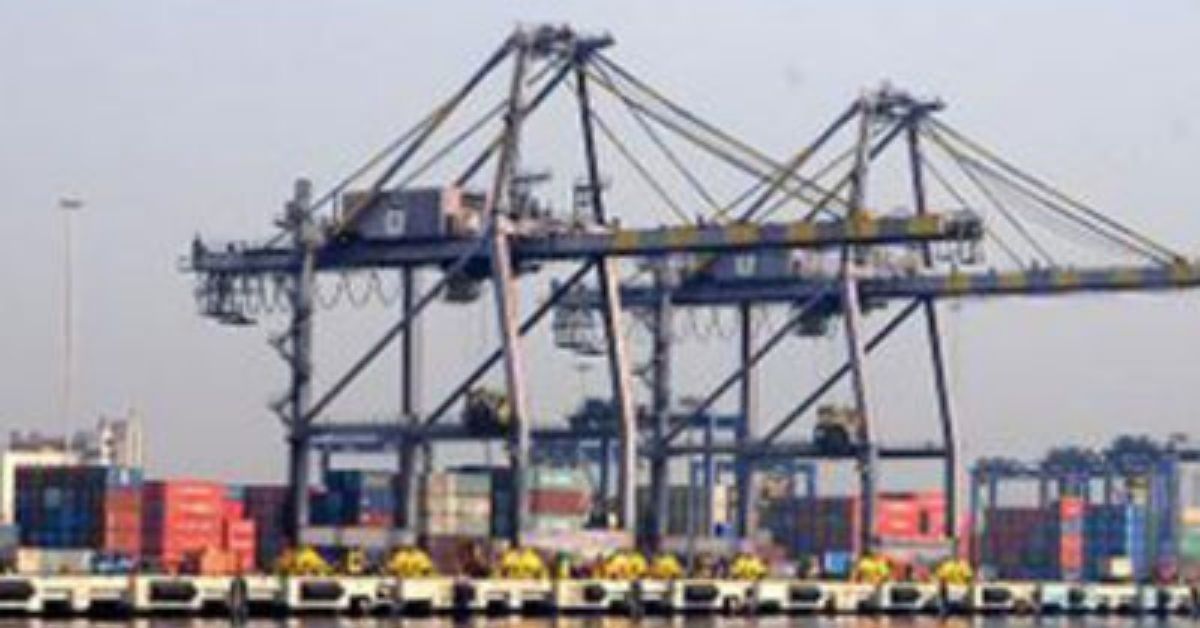Indian Hotels & Co. plans to challenge a retrospective demand for additional lease rentals after the Mumbai Port Authority notified new rates. The parent of Taj chain of hotels received demand notices for differential amount worth Rs 764 crore for the period between October 2012 and October 2022, according to its exchange filing. Indian Hotels call the claims “exorbitant and untenable” and, based on legal advice, is preparing to challenge the “additional differential demand” in the Bombay High Court. Higher rentals are expected impact users of port land across Mumbai. And the additional demand stems from delay in rolling out new rates due to a legal tussle between the MBPT and Tariff Authority of Major Ports over the jurisdiction to raise tariffs. The new rates were rolled out after MBPT withdrew its cases from Bombay High Court.
The Mumbai Port Trust owns about 944 hectares of land in India’s financial capital. The trust last fixed lease rentals in 1982. The Tariff Authority for Major Ports was established in 1997. In 1982, when the port trust raised the tariff, that led to numerous litigations, which culminated with the Supreme Court passing an order to uphold lease rentals from 1982 up to Sept. 30, 2012 based on a compromise formula arrived between the tenants and the Mumbai Port Trust. The Ministry of Shipping advised the port trust in May 2019 to fix the schedule of rates for all areas of Mumbai port, including townships, with effect from Oct. 1, 2012. The rates were to be decided based on the 2015 amended land policy guidelines for land management by major ports.
According to the guidelines, the rentals have to be determined on the basis of:
State government’s ready reckoner of land values in the area, if available for similar classification or activities.
Highest rate of actual relevant transactions registered in the last three years in the ports vicinity (decided by the respective port trust boards) with an appropriate annual escalation rate to be approved by the board.
Highest accepted tender-cum-auction rate of port land for similar transaction updated on the basis of the annual escalation rate approved by the board.
Rate arrived at by an approved valuer appointed for the purpose by the port.
Other relevant factor as may be identified by the Port.
The Mumbai Port Trust Board came up six separate proposals seeking to fix, with retrospective effect, lease rentals for non-home occupations or residential and mixed-used occupations or port trust structures in township areas of MBPT from Oct. 1, 2012 to Sept. 30, 2017 and then from Oct. 1, 2017 to Sept. 30, 2022.
Compromise Formula
The Ministry of Shipping’s land policy guidelines require the lease rentals to be revised every five years based on the prevailing market value of the land. The ‘compromise formula’ as upheld by the Supreme Court allowed the port to review and revise the letting rates after 20 years (from Oct. 1, 1992 to Sept. 31, 2012).
While the Tariff Authority of Major Ports notified these rentals on a retrospective basis, the existing tenants argued during the consultation process that it cannot be imposed on a retrospective basis.








